Salmon farming is a toxic junk food. Watch the documentary, Fillet Oh Fish! – With wild salmon threatened throughout the world, aquaculture as a replacement unfortunately creates significant ocean pollution and toxic fillets.
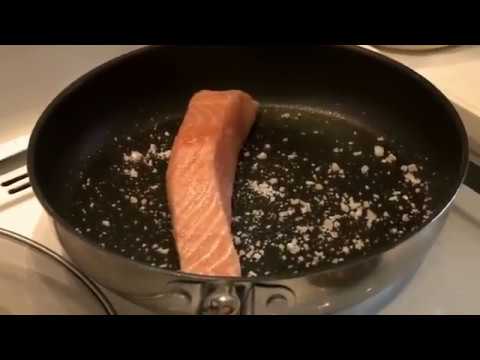
Watch this video on YouTube
Why Farmed Salmon Are a Toxic ‘Junk Food’
From Dr. Joseph Mercola, Published in Mercola.com
Nicolas Daniel’s documentary Fillet-Oh-Fish (2014, France) takes a critical look at the fish industry, featuring exclusive footage from fish farms and factories across the globe. Though seafood is considered healthy by mainstream science, when it comes to large-scale food production, eating your salmon fillet for your omega-3 fats can actually be quite toxic.
Today’s fisheries are faced with a range of severe problems, from overfishing to chemical pollution, and genetic mutation from toxic exposures. As noted by the producers of the film, “through intensive farming and global pollution, the flesh of the fish we eat has turned into a deadly chemical cocktail.”
STORY: Dam-Free: How Indigenous Peoples Reclaim the Klamath River
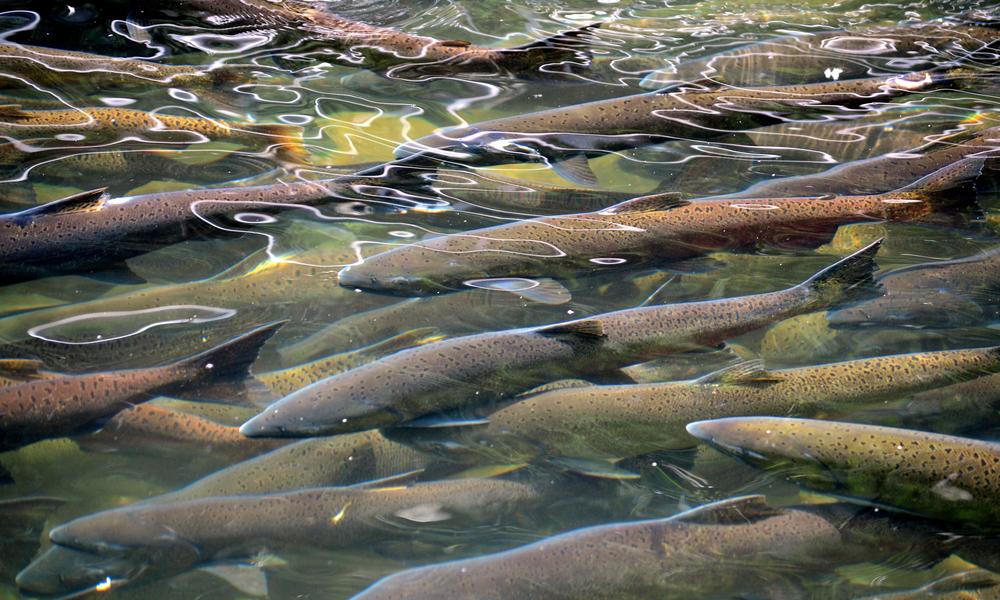

Despite that, the fish business is booming, in part due to efforts to keep the dirty underbelly of modern fisheries from public sight.
Aquaculture promotes itself as a sustainable solution to overfishing. But in reality, fish farms actually cause more problems than they solve. There’s really little difference, in terms of environmental pollution, between land-based feedlots and water-based ones.
Problems with fish farms include 1) overcrowding with upward of 2 million salmon in a relatively small amount of space, 2) dangerous, neurotoxic pesticides and chemicals used, 3) fish can be genetically mutated and deformities are common, and 4) the inhumanity of 110 billion fish killed per year for human consumption.
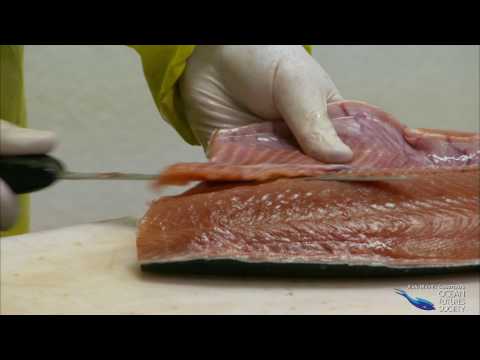
Watch this video on YouTube
Updated 13 March 2023



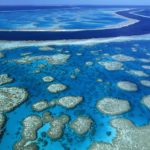



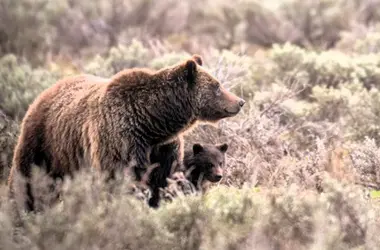
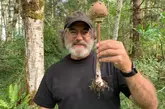
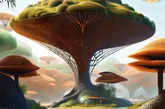



So if you believe fish farming is not an option then what do you suggest? I was looking forward to seeing solutions in this article but it seems to only create a very scary perception with no alternatives. As you posted above if 110Bn are killed per year from human consumption where do you think this would come from if not farmed? – Wouldn’t the impact on wild stocks be much worse? What about all the other environmental issues we crate with wild cath including bycatch, CO2 emissions including the need for long routes of transport, illegal fishing etc?
The need for fish like it or not will not only always be there but will continue increasing as population and affluence increase, in this case, we do need to find sustainable alternatives.
While is true that there are still many gaps to be solved within aquaculture, wouldn’t be a more responsible message to address them and try to post possible solutions or alternatives, instead of scaring the public and redirecting them back to wild catch?